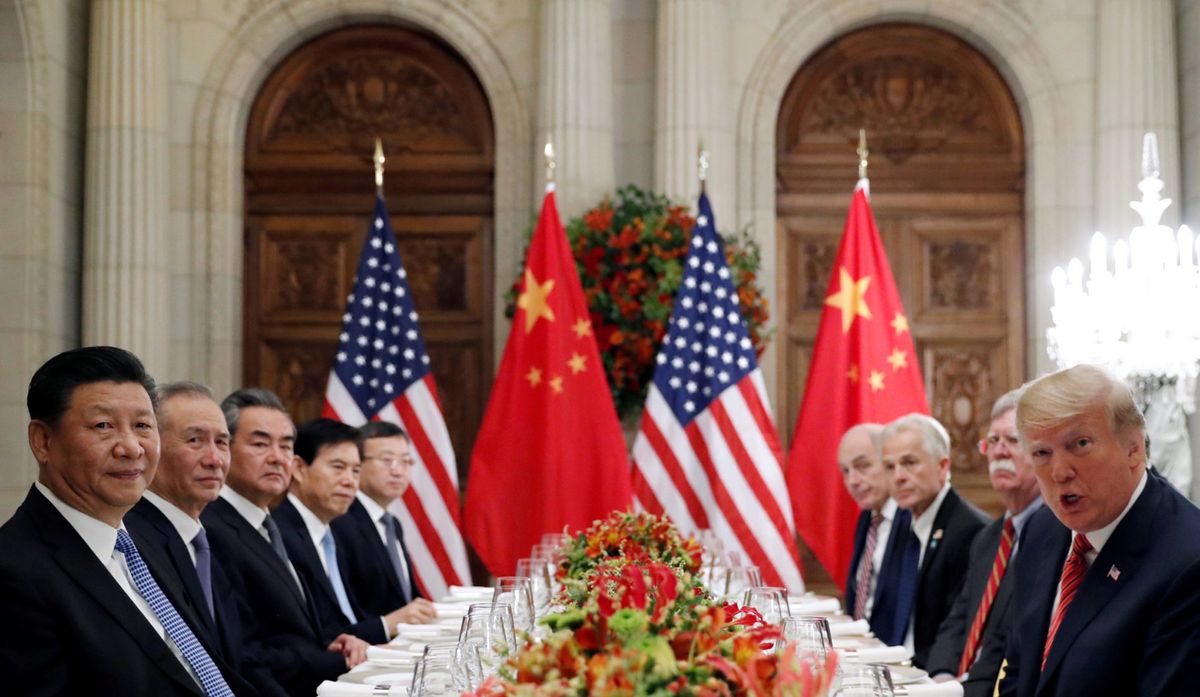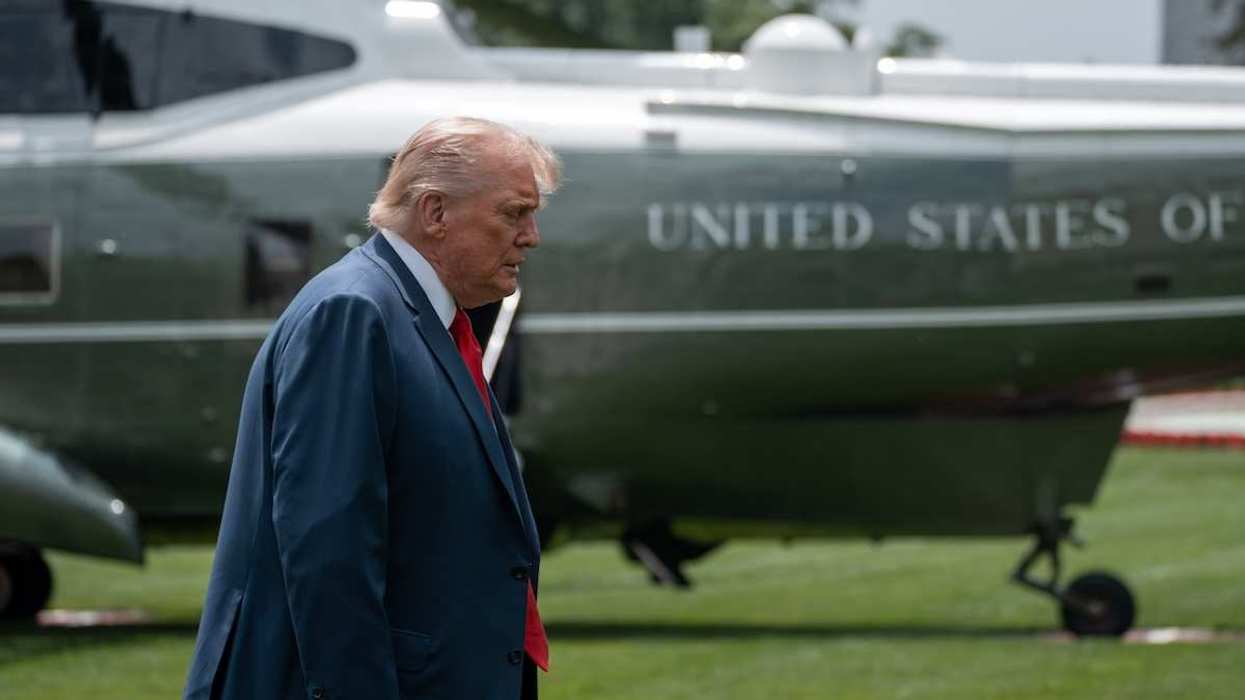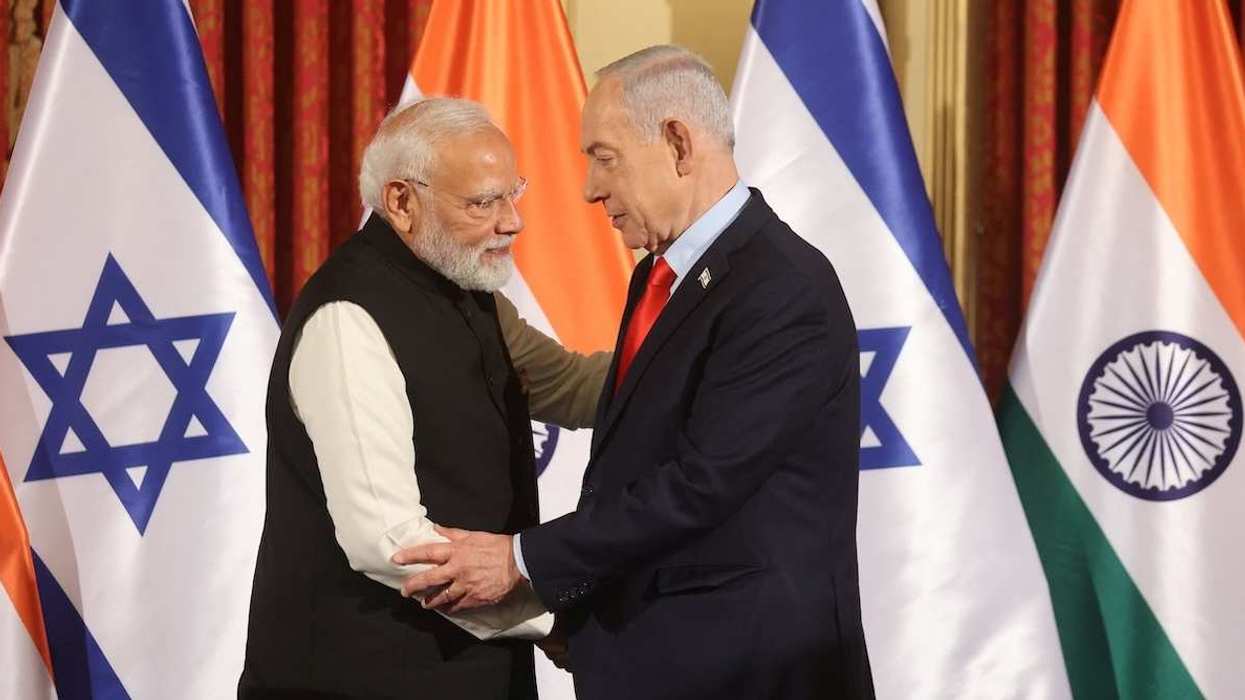Over the weekend, US President Donald Trump and his Chinese counterpart Xi Jinping ate steaks and agreed to put the "trade war" on hold: Trump will postpone his plan to increase tariffs on about $200 billion of Chinese goods, and Beijing will push its companies to buy more American products.
Any easing of tensions between the world's two largest economies is good news, but it's tough to see this truce lasting for long. The Trump administration has left a window of just 90 days for the two sides to reach a comprehensive deal addressing Washington's deeper grievances: Beijing's policy of heavily supporting its own firms while forcing foreign ones to surrender advanced technology in order to gain access to the Chinese market. Without a deal like that, Trump will be back to raising tariffs, and we'll be back on a (trade) war footing.
Here's the problem: From Beijing's perspective, changing that policy is a non-starter. China sees technological dominance as the key to 21st century superpower status, and it views external attempts to modify its state-centric economic approach as a neo-imperialist bid to undercut China's rightful destiny as a global power. This is not something that will be resolved in three months' time. Chill out for now, but buckle up for later.



















